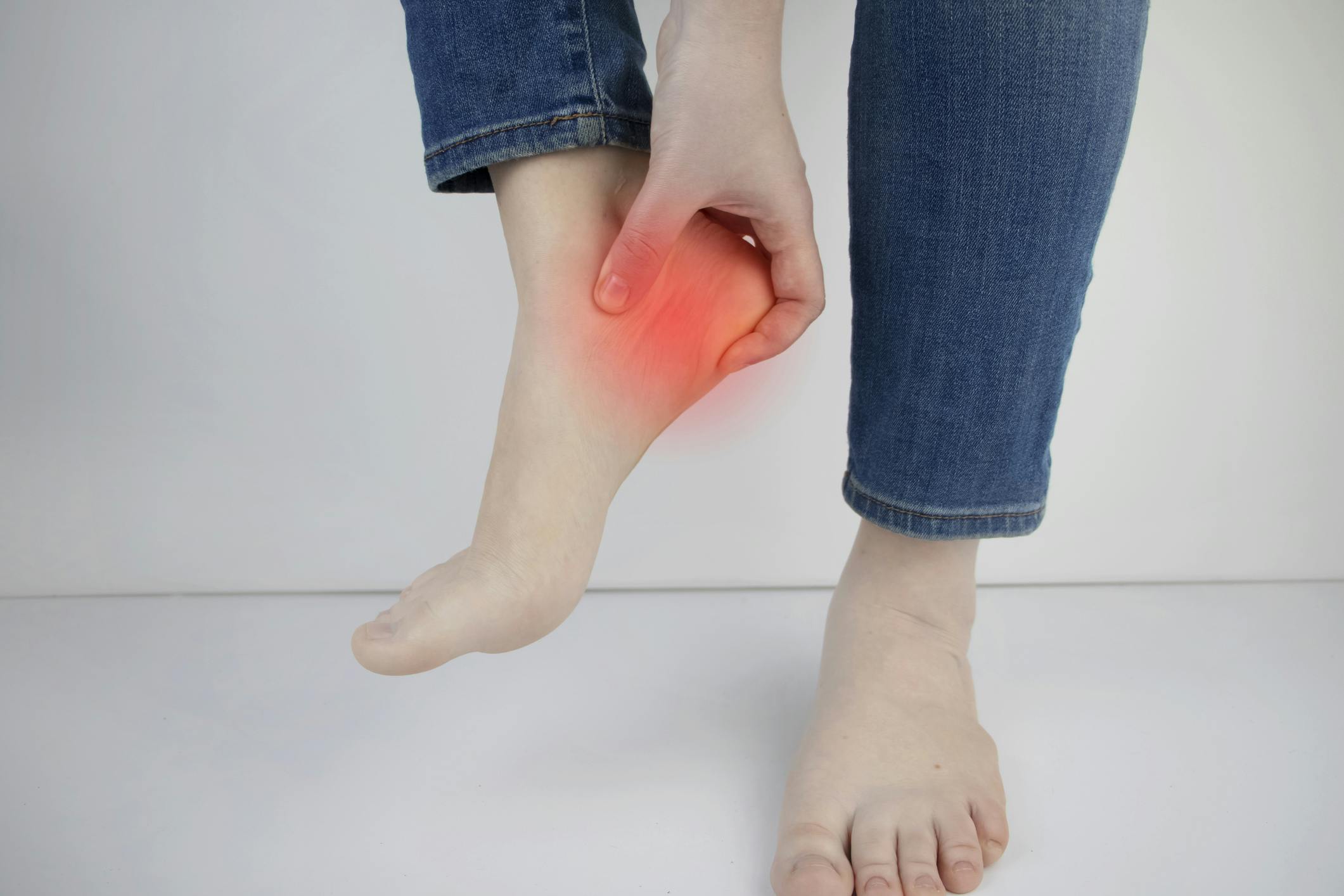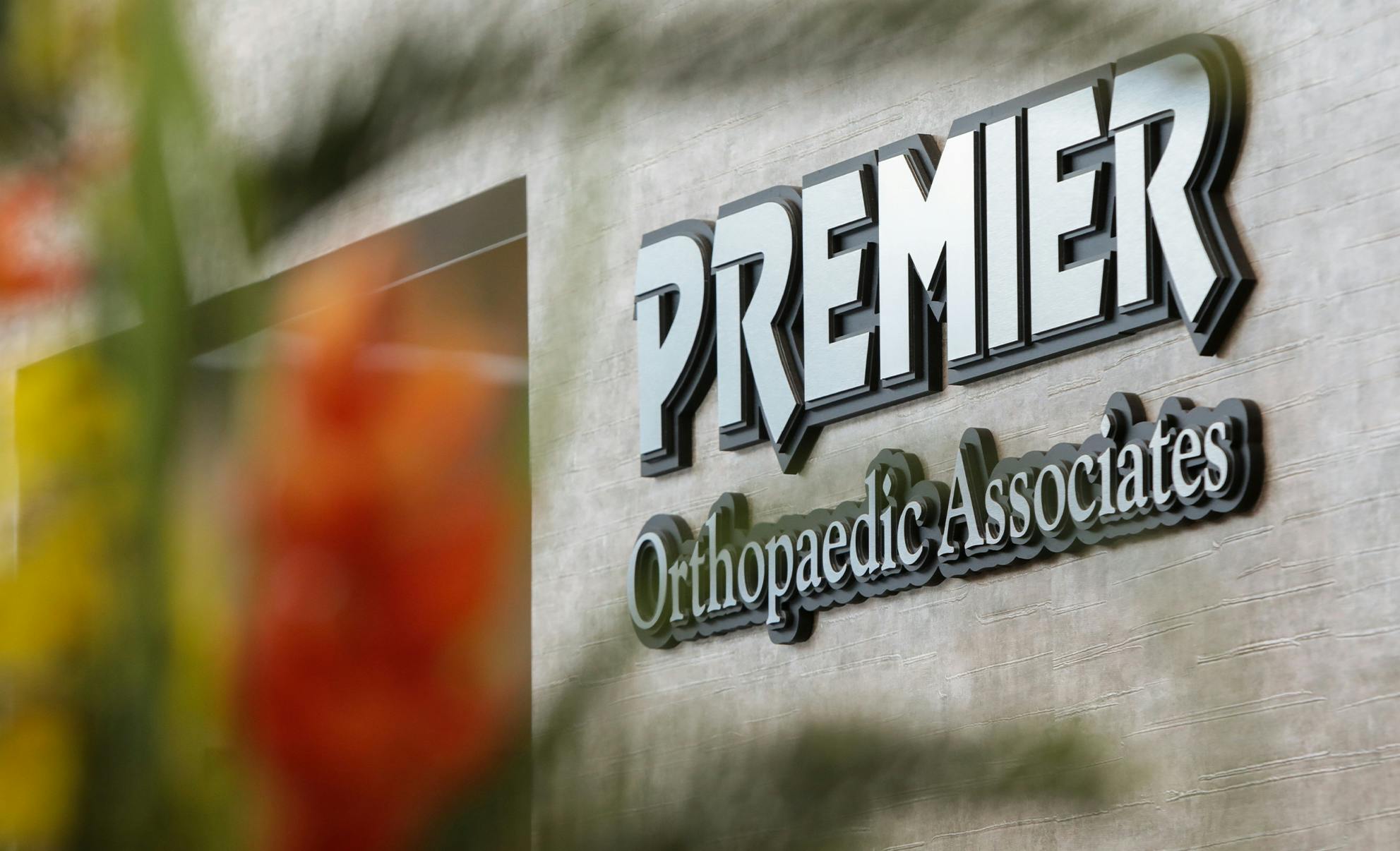An Achilles tendon tear is a serious injury that can limit movement. At Premier Orthopaedic Associates, we offer expert diagnosis and treatment options to help you recover and return to full activity.
Treatment Options for Achilles Tendon Tear
The treatment for an Achilles tendon tear depends on the severity of the injury. At Premier Orthopaedic Associates, we tailor our approach to your specific needs, which may include:
- Non-surgical treatment: For partial tears or less active individuals, rest, immobilization (such as a cast or boot), and physical therapy can help the tendon heal naturally.
- Surgical repair: In cases of complete rupture or for active patients, surgery may be necessary to reconnect the torn tendon. Surgical methods include:
- Open surgery with a larger incision for direct access
- Minimally invasive surgery with smaller incisions using specialized instruments
Both options are designed to restore mobility, strength, and function to the tendon.




